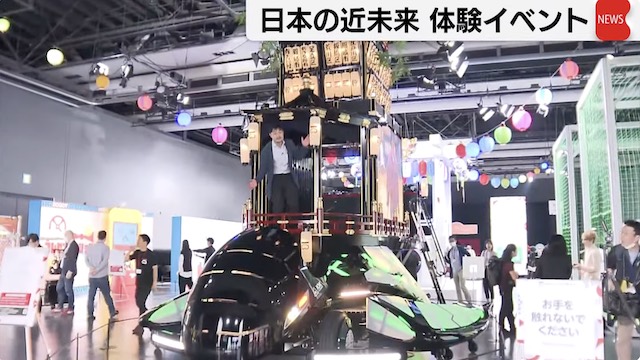Sep 17 (Nikkei) - Two of Japan's largest rail operators now expect to report their largest full-year net losses since their 1987 privatization, as the coronavirus pandemic brings a deep and potentially long-lasting slump in passenger traffic.
East Japan Railway on Wednesday released annual earnings projections showing a 418 billion yen ($3.96 billion) loss for fiscal 2020, compared with a 198.4 billion yen profit in fiscal 2019. West Japan Railway's estimate, announced the same day, shows a 240 billion yen loss, after an 89.3 billion yen profit the previous year. Both projections came in well below the average forecasts in a QUICK consensus survey of analysts.
Passengers have been slow to return since coronavirus cases spiked again in July, with revenue from rail operations at both companies slumping by half or more in August from a year earlier. And while ridership is expected to recover to some extent over the next year or two, trends including broader use of telecommuting and declining tourism are likely to weigh on business for some time.
"Returning to our prior ridership levels will probably be difficult," said Shoji Kurasaka, a senior managing executive officer at JR West.
The two companies see total annual revenue falling by well over a third from fiscal 2019, to 1.93 trillion yen at JR East and 920 billion yen at JR West. Both now plan to pay out annual dividends of 100 yen per share, representing cuts of 65 yen by JR East and 82.5 yen by JR West.
JR East expects rail revenue to return to 75% of normal by the end of the fiscal year in March. Kiwamu Sakai, an executive director, sees the impact lingering into fiscal 2021 and beyond, with revenues coming to "slightly above 80% of pre-coronavirus levels."
JR West sees income from commuter passes rebounding to around 80% to 90% of pre-pandemic levels by fiscal year-end but is less optimistic about other revenue sources, such as bullet train tickets, which are expected to reach less than 60% of previous levels over the same period. The railway has been hit especially hard due to its reliance on foreign tourism, which has all but disappeared amid restrictions on travel from abroad.
Both companies are rushing to mitigate the damage by scaling back the heavy fixed costs involved in rail operation.










